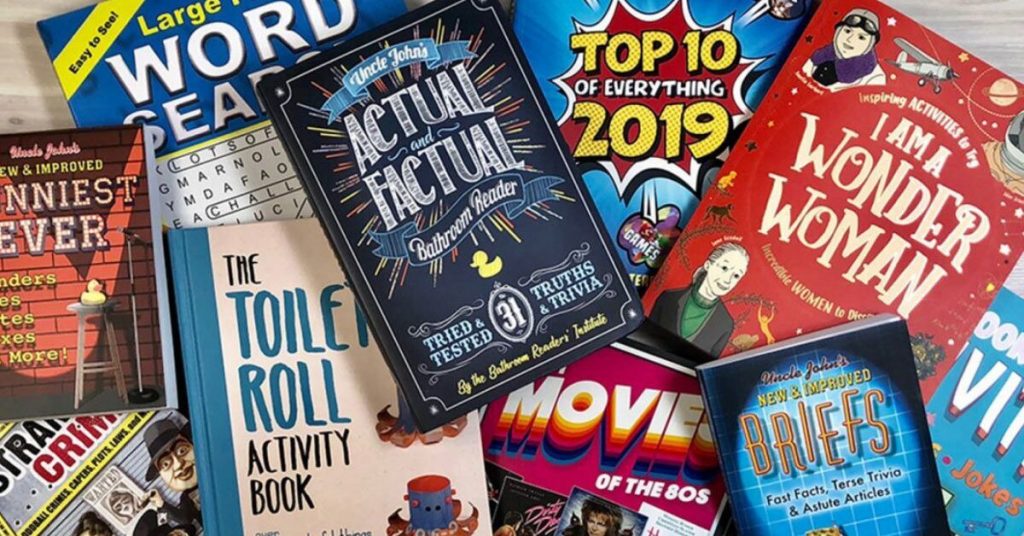Why were these Academy Award winners and nominees so unlikely?
Because they’d never done any acting before that one big role.
Hudson auditioned for the 2004 season of American Idol, having spent a few months as a singer in a stage show on a cruise ship. She ultimately finished the reality competition in seventh place, but in 2006 she was cast as Effie in the 2006 film adaptation of the Broadway musical Dreamgirls. Playing a founding member of a ‘60s girl group who’s later kicked out of the act, Hudson was cast for her ability to belt out the show’s signature song, “And I Am Telling You I’m Not Going.” It was the first professional acting of Hudson’s life, but the performance won her the Academy Award for Best Supporting Actress.
Dexter Gordon
For his 1950s-set drama about an alcoholic jazz saxophonist, ‘Round Midnight, writer-director Bertrand Tavernier wanted authenticity, and that meant hiring real jazz musicians for the major roles. Pianist Herbie Hancock plays a role (and scored the film), but in the lead role of Dale Turner, Tavernier went against producers’ wishes and cast saxophonist Dexter Gordon, who, apart from a few bit parts playing the saxophone in a handful of foreign films, had never done any acting. For his trouble, Gordon earned an Academy Award nomination for Best Actor in 1987. (He lost to Paul Newman in The Color of Money.)
Catalina Sandino Moreno
After studying advertising at a college in Bogota, Colombia, Catalina Sandino Moreno decided she wanted to be an actress. She enrolled at an acting school right around the time when the filmmakers behind Maria, Full of Grace, a movie about a young woman who becomes a drug mule, put out an open call for the title role. Moreno went to the casting call, and beat out more than 900 other Colombian actresses for the role—her first role, in anything, ever. In 2005, Moreno was nominated for Best Actress at the Academy Awards, the second nomination in history for a role performed in Spanish. (Sandino didn’t win—it was awarded to Hilary Swank for Million Dollar Baby.)
Harold Russell
Russell joined the U.S. Army the day after the attacks on Pearl Harbor. He ultimately became an instructor, and while training in North Carolina in 1944, he handled a defective explosive, which blew up in his hands. Both of Russell’s hands had to be amputated and replaced with hooks. After his discharge, he attended Boston University and starred in an Army training film about the struggles of World War II veterans. Around the same time, acclaimed director William Wyler (Mrs. Miniver, Wuthering Heights) was preparing The Best Years of Our Lives, about World War II veterans trying, to readjust to civilian life. Wyler talked Russell into co-starring as Homer, a sailor who had lost both his hands in combat. To honor Russell, the Academy gave Russell an honorary Oscar for “bringing hope and courage” to veterans. And then, surprisingly, Russell also won the award for Best Supporting Actor. It’s the only time an actor—and a non-professional one at that—won two Oscars for the same role.









